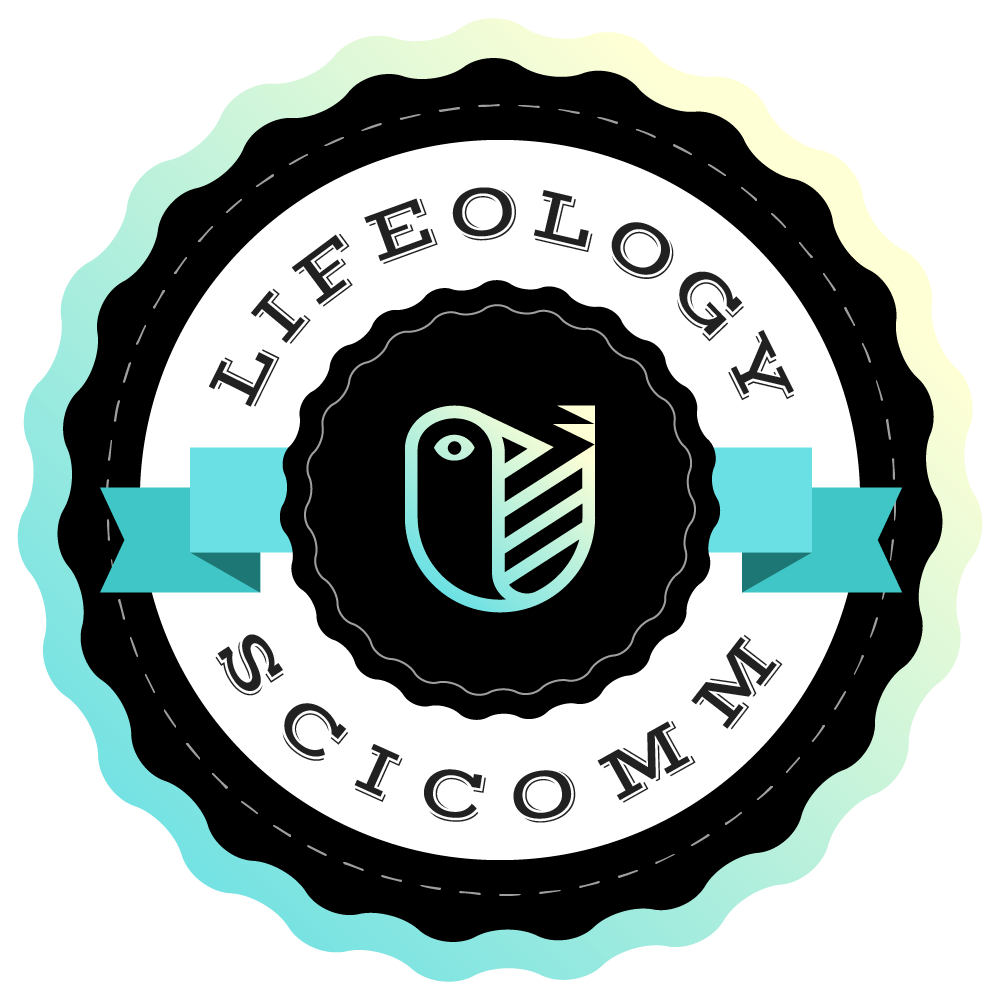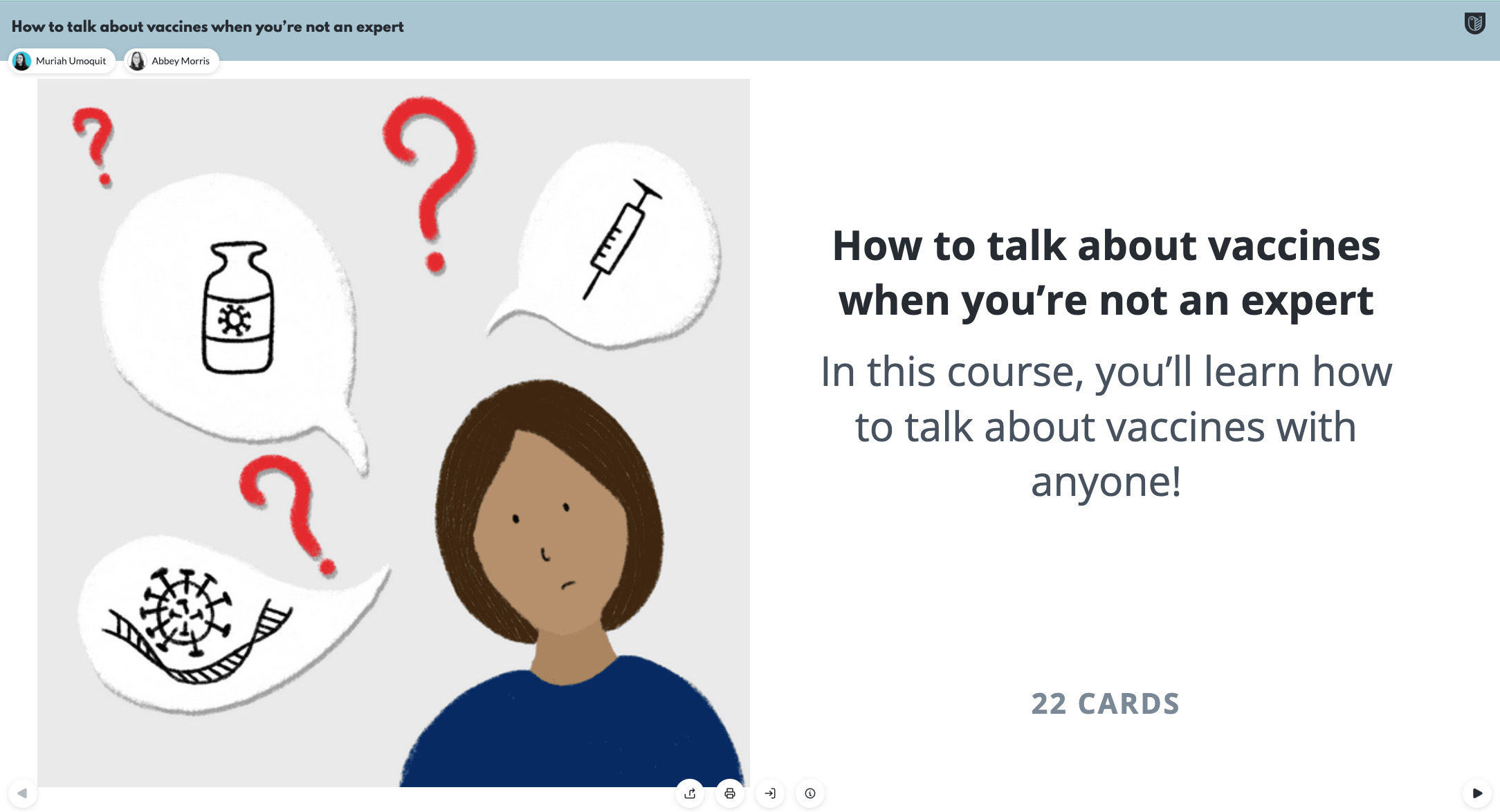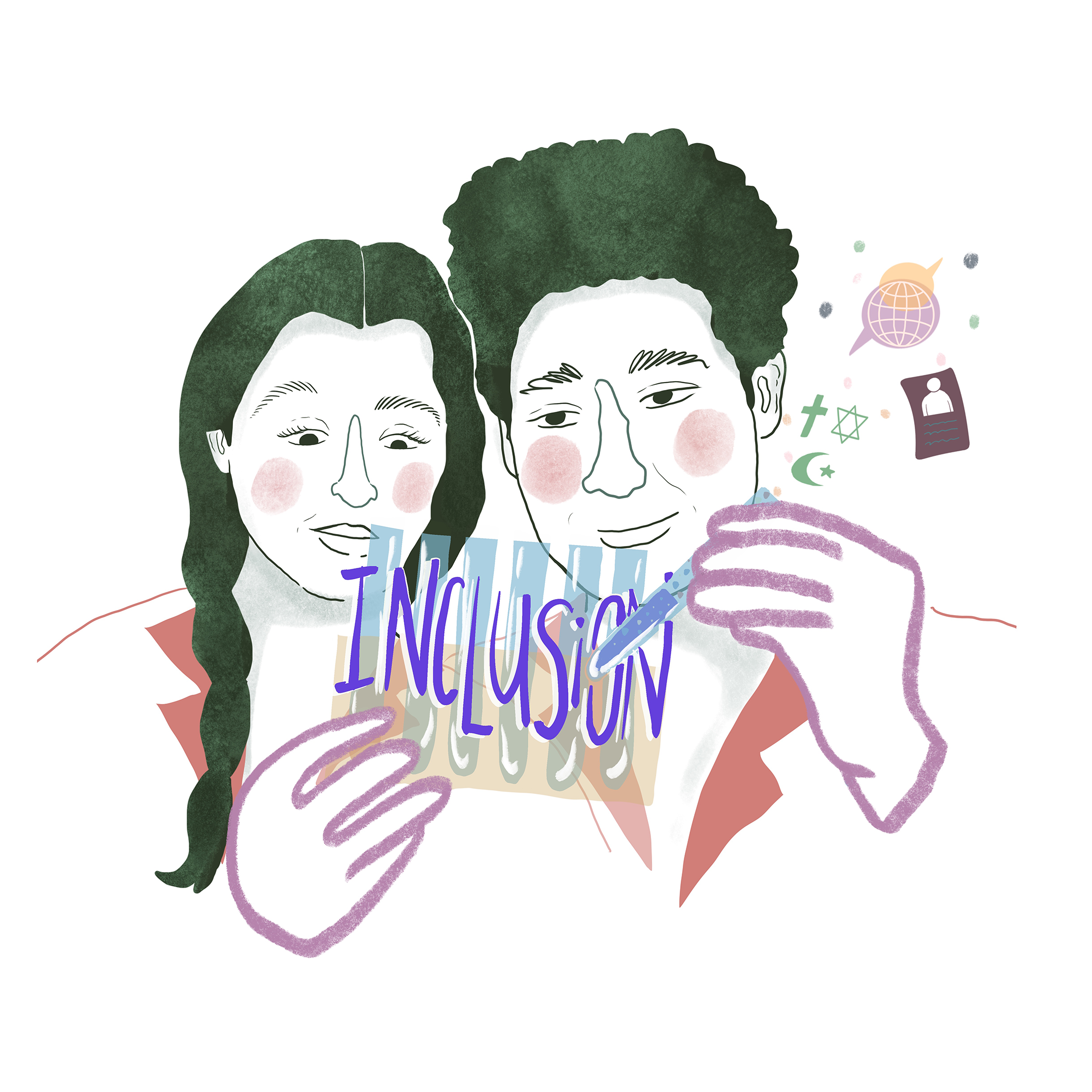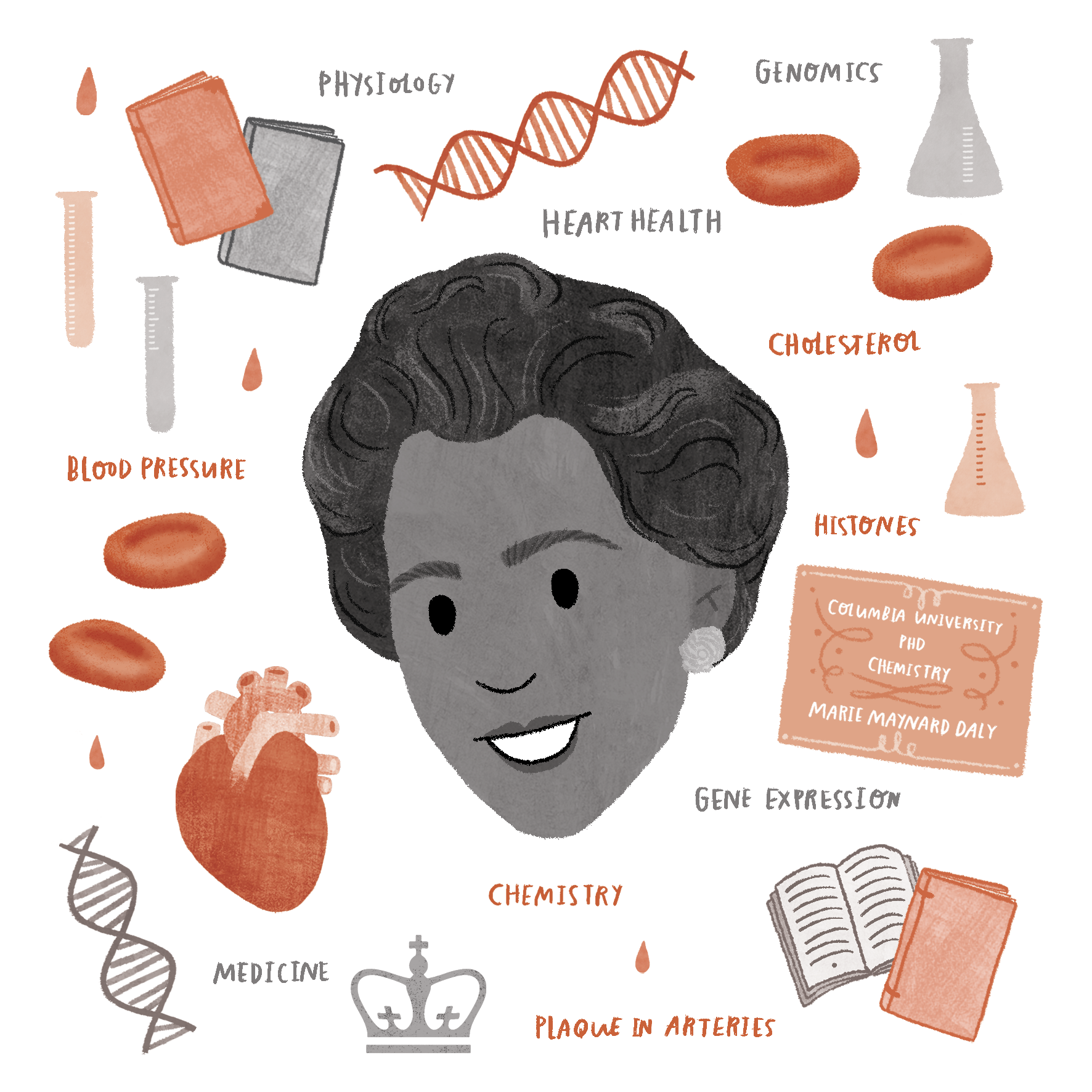Muriah and Abbey have recently completed the Lifeology SciComm Certificate Program, a unique training program that aims to improve science communication skills. In this blog post, they reflect on their experiences and give their top five tips for those looking to join the program.

Have you heard about the Lifeology University SciComm Certificate Program? It introduces you to the science behind science communication. Super awesome, right?! Over the span of three months, participants go through a carefully curated series of Lifeology courses, take quizzes, and apply their skills through reflections and assignments. At the end of the program, there is a grand finale project that involves collaborating with a classmate to create your own Lifeology course. We (Muriah and Abbey) were teamed up to create the first 10 cards of a course that helps give scientists the confidence to talk about vaccines, even when it’s not their area of expertise – see our final project here!

The Lifeology SciComm program introduces participants to the history and science behind science communication, as well as strategies to be more effective, empathetic, and inclusive communicators. It also aims to improve science storytelling and collaboration skills! That’s a lot of information packed into one short program! To get the most out of your experience, here are our top five tips!
- Use the Dedicated Slack Channel
Slack is an online collaboration and chat platform. Everyone in the program is added to a private channel on Slack where they can ask questions, share successes, and be reminded of deadlines. It is also a great place to get to know classmates and learn about new opportunities in science communication. We recommend checking in several times a week and interacting with posts to make sure that you are staying informed and are up-to-date.
- Take Notes
In this course, you will be learning many new concepts and skills! By taking time to reflect on the material through notetaking, we believe that you will be better able to retain the important lessons and you will be equipped for the future. Whether you take notes by hand in a notebook or digitally in a Word processor, having all of the information stored in one place will help you when taking quizzes and writing assignments. Your notes will also become a great resource for you in the future, especially if you use hyperlinks to course material that you use to refresh your skills.
- Apply Your New Knowledge
You don’t need to wait until to end of the program to put what you learn into practice! Muriah turned one of her reflection assignments into a LinkedIn post and Abbey applies the lesson about inclusive science communication to her daily work with Indigenous Populations in Canada as a Curriculum Development Manager. Through the various Lifeology flashcard lessons, there are also optional assignments that you can complete to further develop your skills.
- Network and Build Connections
Science Communication is a great community to be a part of! Throughout this Lifeology SciComm Program, there were several webinars that we were able to attend as well as monthly Slack networking sessions that were open to everyone. Make good use of these opportunities! During the program, Abbey collaborated with a fellow classmate on a SciComm challenge put forth by Lifeology and Cochrane US asking people to illustrate the theme of International Women’s Day for 2022: #BreakTheBias. You can find their winning design here! If you find someone who shares your interests or who is doing something that you think is cool, don’t be afraid to reach out to them! You can privately message people and make video calls directly through the Lifeology Slack channel.
- Continue to Learn After the Program is Over
Lifeology is a great resource for SciComm learning. After you complete the program, continue to make use of the Slack channel, follow fellow science communicators on social media, and attend future webinars. As we mentioned before, SciComm is a great community to be a part of and you will always be supported!
We gained so much from the Lifeology SciComm Program and we hope you get lots from it too!
This blog post was written by Muriah Umoquit and Abbey Morris.
Lifeology SciComm Certificate Program
Lifeology has several SciComm courses available for free! You can join the program now and view the courses. If you would like to take your learning to the next level, you can sign up for the Lifeology SciComm Certificate Program! Here, you can earn a Science Communication Certificate and letter of achievement for completing the program. Top achievers in each program cohort receive a paid science writing or illustration opportunity in order to become a Lifeology Certified Creator! The next session begins in August, and you can apply now!




